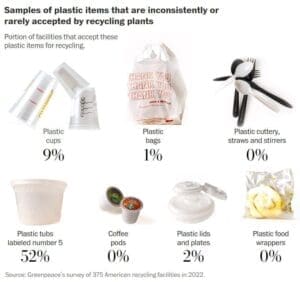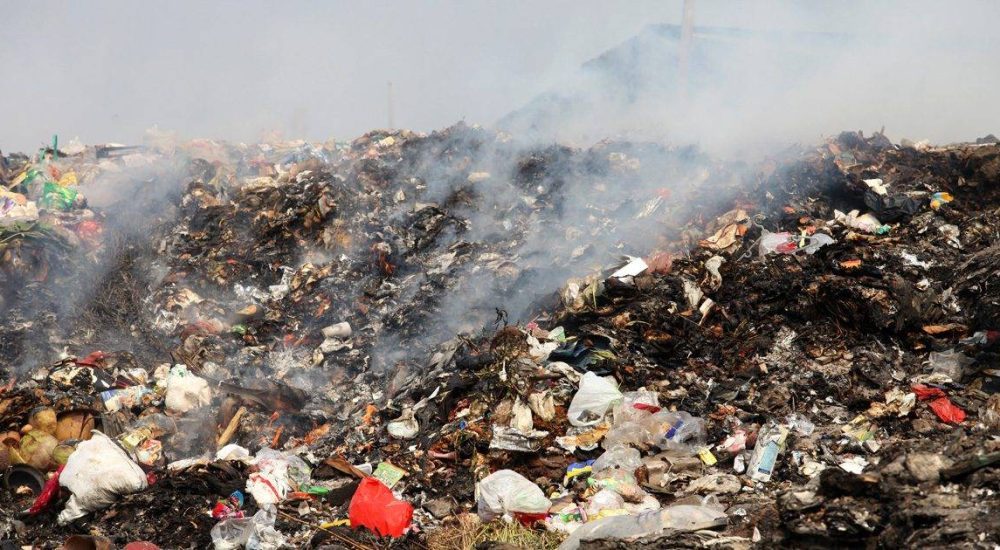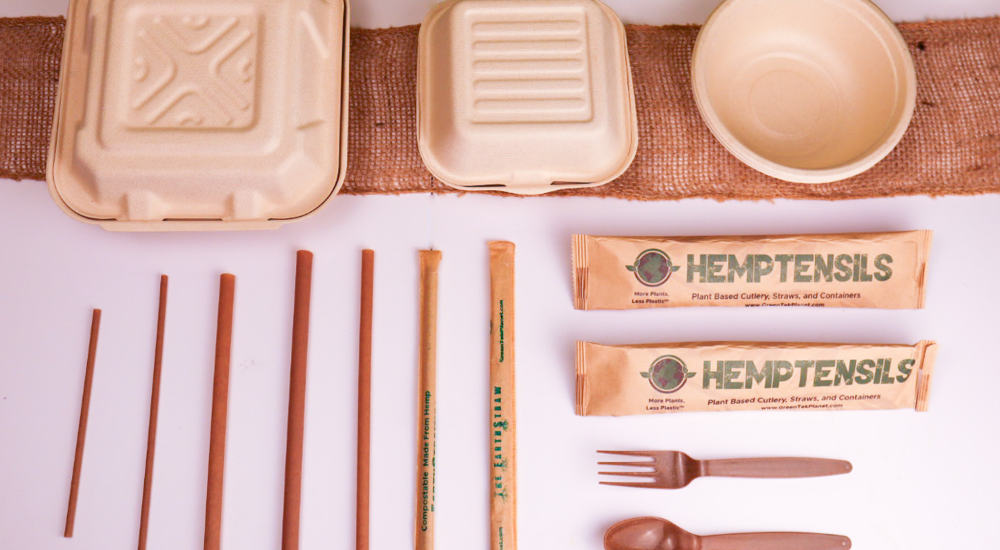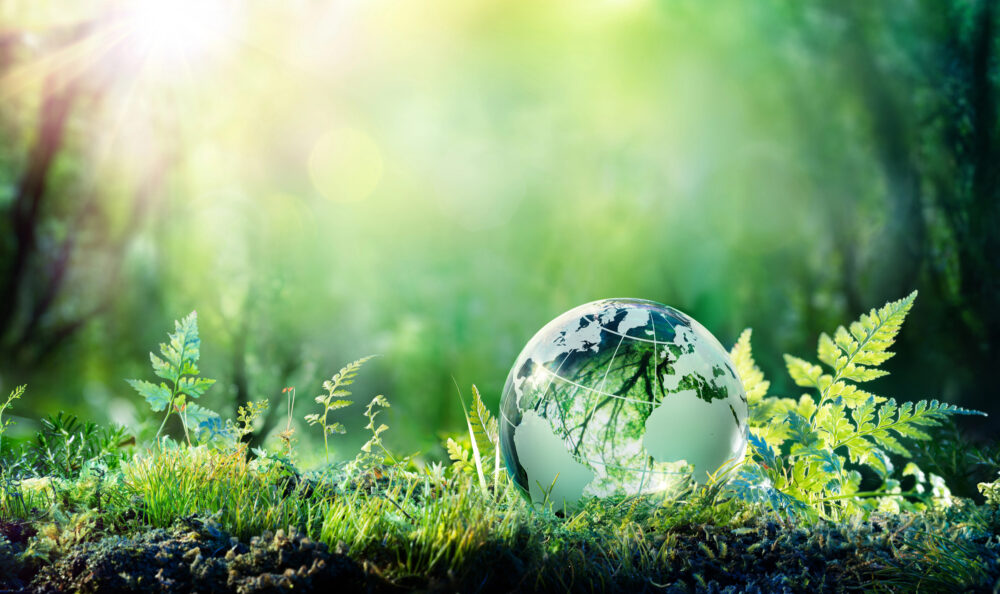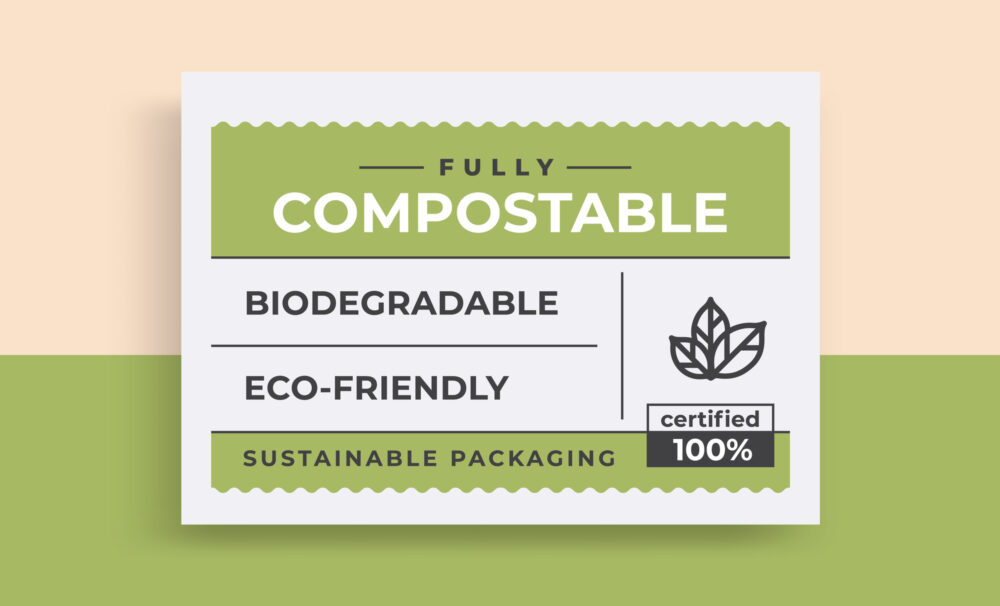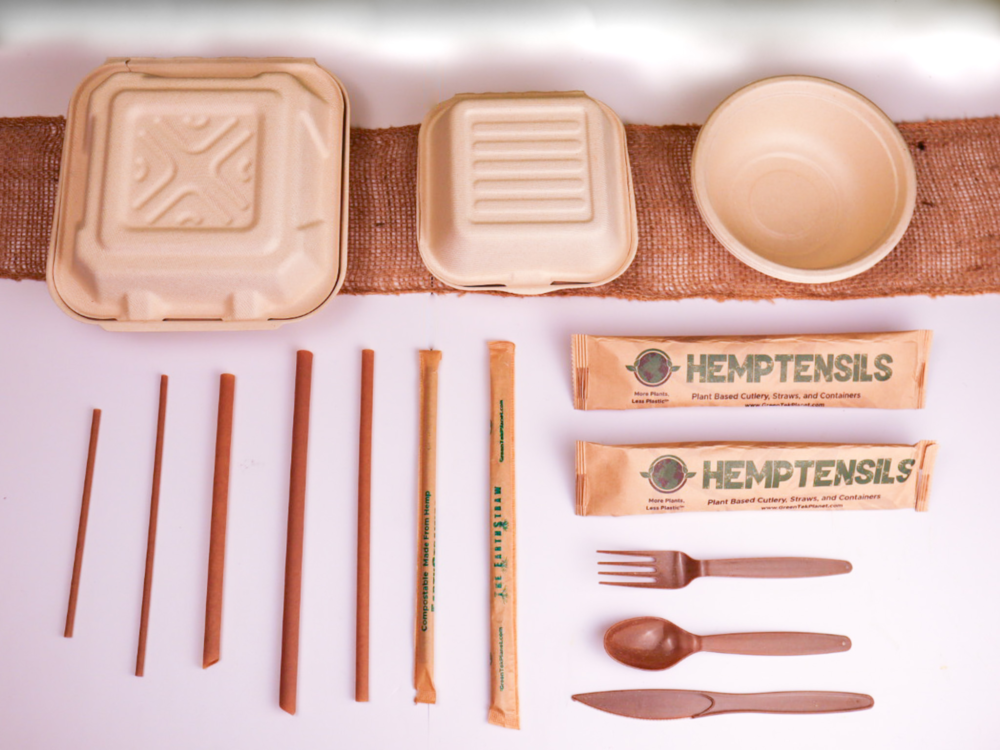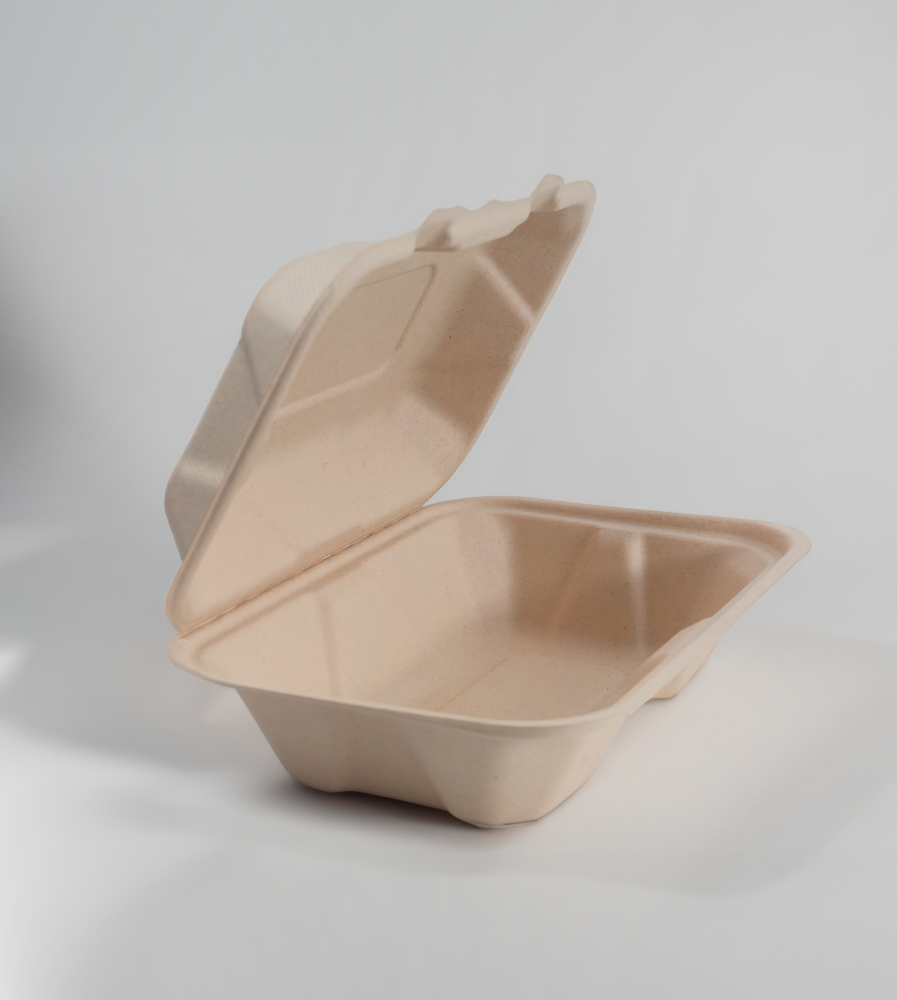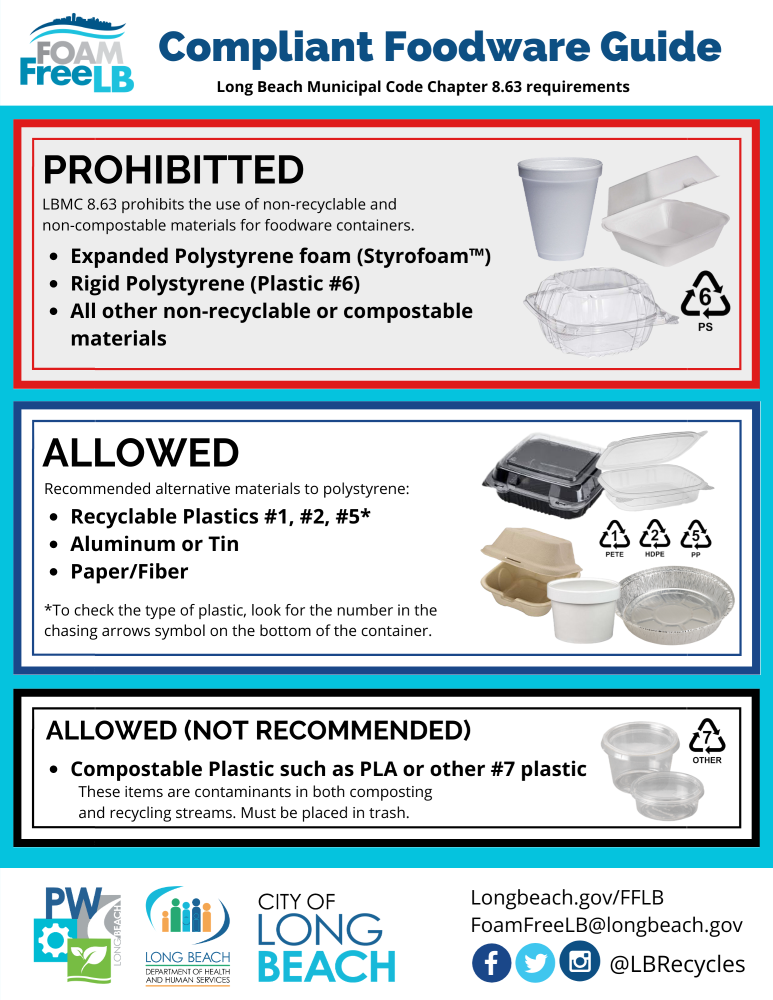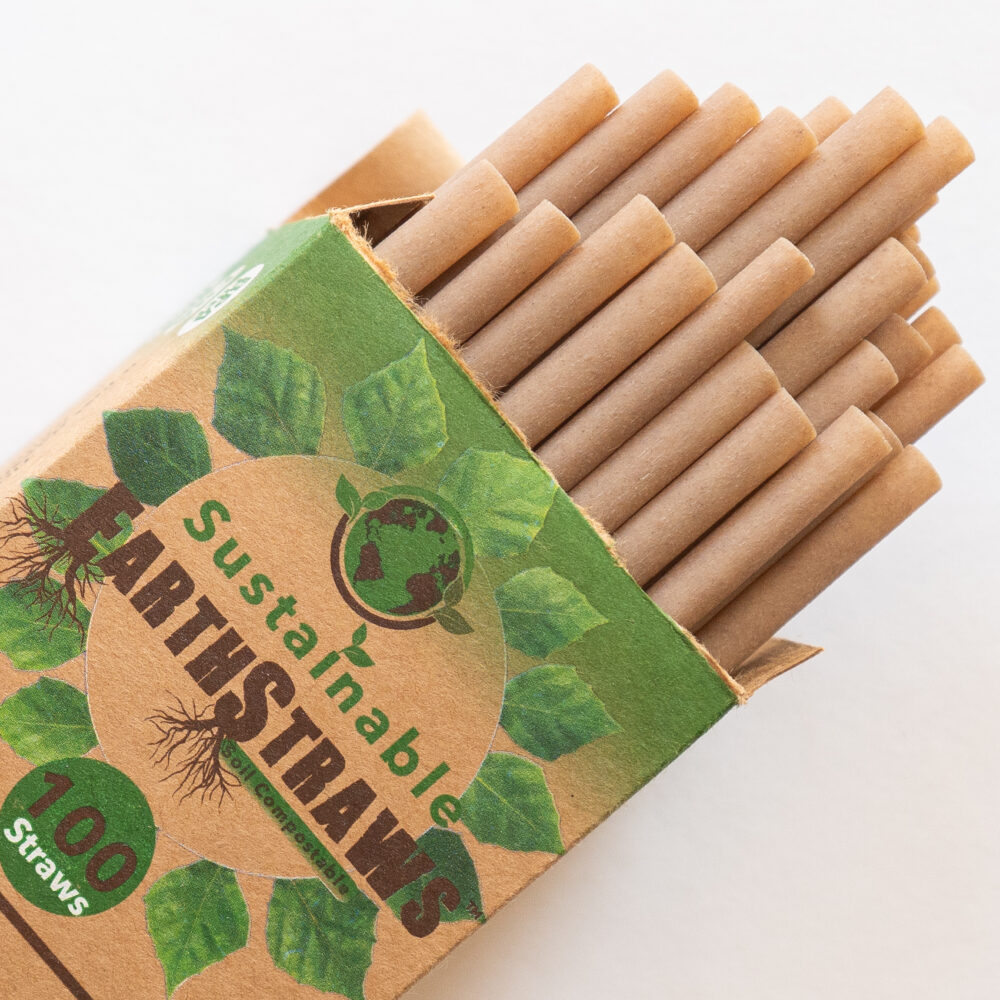Recycling is a tough nut to crack.
In fact, when it comes to managing waste effectively, the #1 hurdle is…you guessed it – recycling.
Many folks are completely unaware of how to recycle correctly. This separates those who simply discard trash from those committed to sustainable living. But if you don’t know how to recycle properly and sustainably, you’ll never make real strides towards environmental conservation.
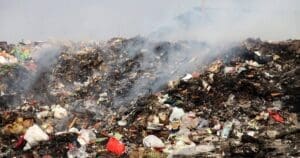
Let’s face it folks, recycling isn’t easy!
Consider this: many believe that just tossing plastic into a separate bin means they’re doing their part. However…
The reality? That plastic often ends up in landfills or oceans instead of being recycled as intended.
Pretty scary stuff!
The truth time…
But let’s not forget…
The Problem with Plastic Recycling
Let’s face it, recycling plastic isn’t as straightforward as it seems. Despite the prevalent recycling symbol on plastic items, did you know that less than 10% of all plastics have ever been recycled? That’s a sobering fact about our environment and plastics.
We sort, we clean, we dutifully place our used bottles and containers into the blue bins – believing in their second life. Sadly, this isn’t usually the reality.
The Economic Challenges of Plastic Recycling
Why does so little plastic get a new lease on life? It comes down to economics. For recycling companies, processing old plastics costs more than creating new ones.
This price difference arises from several factors like collection expenses, contamination issues at recycling centers during sorting processes, and market fluctuations for recycled materials. Even though producing fresh plastic has environmental drawbacks.
Newly produced plastics are cheaper but also offer higher quality and consistency which manufacturers prefer over recycled counterparts. This preference leaves recyclers in financial hot water.
The Industry’s Awareness of Recycling’s Limitations
Here’s another hard truth: every time plastic goes through a recycle cycle, its integrity takes a hit – limiting its reusability over time significantly. Your clear PET bottle may turn discolored or brittle after just one round due to thermal stress experienced during processing.
Solution: Consider alternatives such as hemp-based bioplastics offering similar performance without causing significant environmental harm associated with traditional petrochemical-derived options.
- Check out Earth911 for the real scoop on recycling plastic bottles. They bust some common myths.
Misleading Advertising and Lobbying by Big Oil
Big oil’s misleading narrative around plastic recycling is a masterclass in the power of advertising and lobbying. The industry has effectively used these tools to shape public perception, convincing us that plastics can be recycled efficiently when the reality paints a different picture.
“The multimillion-dollar ad campaigns funded by major oil companies painted an image of effective plastic reuse solutions that simply did not exist on the scale required for meaningful impact.”
– Industry Insider
The clever use of advertising and political influence wasn’t just about promoting their message; it was about suppressing information that contradicted it.
Industry Insiders: Advocates or Manipulators?
In this world dominated by big oil, industry insiders, often tied to major corporations with deep pockets, played significant roles. They shaped policies favoring their interests through trade groups and powerful lobbying efforts at state and federal levels.
This strategic manipulation extends beyond simple policy shaping – they’ve managed to redefine symbols too.
Lobbying Group Deception: Misusing Recycling Symbols
A crucial part of these deceptive practices revolved around one universally recognized symbol – three chasing arrows forming a triangle – our beloved recycling emblem. However, what many don’t realize is its widespread adoption on all forms of plastic packaging came from aggressive lobbying rather than genuine recyclability status.
False Hope Through Ad Campaigns
- Narrative crafting: Pervasive narratives were spun across multiple platforms like TV commercials, print ads, and even school educational materials aimed at young minds.
- Hard truths: There’s a ton of evidence showing that most tossed plastics either get burned, adding to greenhouse gases, or stick around forever in nature, seriously messing up wildlife habitats.
Plastics in Our Environment: A Deep Dive
The consequences of plastic on our environment are a complex issue that warrants scrutiny. From being used in almost every industry to their disposal, plastic’s impact on the world around us cannot be overstated.
No denying it – plastics have been embedded in our everyday lives. Plastics, however, can also create serious ecological issues when it comes to waste management and their effect on the seas and dumps.
In fact, Chevron Phillips Chemical, one of the leading producers in this highly profitable industry, has pledged to recycle 100% of the plastic they produce by 2040. This shows how companies are taking responsibility for the environmental footprint left behind by their products.
Oceans Under Siege
Our vast oceans bear witness to the damaging effects of improper plastic disposal methods each day. It’s shocking but true – millions of tons of discarded plastics end up here annually, causing harm not only to marine life but to entire ecosystems as well.
The formation of large floating garbage patches disrupts natural habitats while introducing toxic chemicals into food chains – impacting both wildlife and humans who consume seafood tainted with microplastics. National Geographic reports on this alarming issue.
A Landfill Dilemma
Moving from water bodies onto solid ground, we find another massive contributor to environmental waste – landfills. These sites receive staggering amounts of non-biodegradable trash, including a substantial percentage constituted by plastics, every year. The Environmental Protection Agency (EPA) addresses the challenges posed by plastic waste in landfills.
Sustainable Solutions: The Way Forward?
- Hemp-Based Bioplastics:
One potential solution lies in hemp-based bioplastics. By turning agricultural residue into durable goods, we can significantly reduce reliance on harmful materials, thus mitigating the negative effects associated with excessive consumption and production around the globe. While the transition will undoubtedly be complex, requiring extensive research and development along with shifts in societal norms and values, initial strides indicate a promising future ahead for green manufacturing technologies and their adoption in mainstream markets globally.
The Future of Recycling: A Technological Revolution
Technology is moving us rapidly ahead. But what does this mean for the future of recycling? We’re witnessing significant advancements in recycling programs, facilities, and the materials used.
“As we innovate, our waste stream becomes less about trash and more about treasure. New technologies are enabling us to see waste as a resource.”
– Anonymous Sustainability Expert
In essence, technology isn’t just transforming how we recycle—it’s changing our perception of waste itself.
Tech-Powered Recycling Facilities: Redefining Efficiency
Recycling facilities have undergone a remarkable transformation. With the integration of advanced robotics and AI, these spaces have become hubs for efficient sorting and processing.
- Robotic systems provide precision that surpasses human capabilities.
- AIs learn from their experiences, continually improving accuracy in identifying various material types within mixed wastes.
- The end result? An optimized facility that maximizes recyclable output while minimizing errors.
Bespoke Recycling Programs: Making a Targeted Impact
No two communities are alike—and neither should their recycling programs be. Modern analytics allow us to design tailored initiatives that effectively address specific needs or demographics.
- Incentivized recycling encourages participants through rewards, promoting both participation rates and environmental awareness simultaneously.
Hemp Plastic – The Green Alternative?
- Sustainability doesn’t stop at process improvements—it’s also critical when choosing materials:
| Eco-Friendly Material | Description | Potential Benefits | Challenges |
|---|---|---|---|
| Hemp Plastic | An alternative biodegradable plastic derived from hemp plants. Used by sustainable hemp plastic restaurant supplies manufacturers among others. | This stuff breaks down naturally and doesn’t leave any nasty leftovers. Plus, it could help cut back on waste. |
Unraveling the Plastic Wars
“Plastic Wars,” a hard-hitting investigation by PBS Frontline, reveals the truth behind misleading practices within the plastics industry. This exposé is like discovering that your favorite superhero has been secretly working as a villain all along.
The facts are far more startling than expected. The plastic industry association, which appeared to be environmentally friendly and committed to recycling, was caught engaging in deceptive practices that would make even Loki blush.
A Deception Worthy of Mysterio
According to PBS Frontline’s report, this saga began in the 1970s when plastics were first introduced to society. Like Peter Parker discovering his spidey powers for the first time, we were excited about the convenience of plastics – but there was a catch.
The plastics industry knew from the beginning that recycling every type of plastic was not just difficult, but nearly impossible. However, they still spun their web of deception and led us down a path filled with empty promises and harmful consequences for our planet.
Sustainable Alternatives: Our New Heroes?
In response to these revelations, new heroes have emerged, offering sustainable alternatives like hemp-based bioplastics. We’re not talking about Thor or Iron Man here – we’re referring instead to forward-thinking companies like Green Plastics.
This company operates much like Tony Stark’s genius lab – constantly innovating and developing recyclable restaurant supplies made from hemp-plastic composites. These products decompose naturally without leaving behind any harmful residues – a stark contrast to traditional petroleum-based products.
- Hemp-Plastics: Captain Planet Approved
- If “Plastic Wars” left you feeling betrayed by those supposed ‘green’ claims from big corporations, fear not. Hemp-plastics are stepping up as genuine eco-warriors in the fight against pollution.
From being totally compostable to helping achieve zero waste targets – it looks like the perks are plentiful.
FAQs in Relation to Recycling
What is recycling?
Recycling involves converting waste materials into reusable items to prevent the waste of potentially useful resources, reduce pollution, and energy usage.
What can be put in a recycling bin?
You can typically recycle paper, cardboard, metal cans, plastic containers marked with a recycle symbol, and glass bottles. However, rules may vary by locality.
What are the methods of recycling?
The main methods include mechanical recycling (sorting, shredding), chemical or feedstock recycling (breaking down polymers), organic composting for food/garden waste, and energy recovery from incineration.
Which kind of paper cannot be recycled?
Paper products like tissue papers/towels, coffee cups coated with plastic/wax layers, or grease-stained pizza boxes cannot usually be recycled due to contamination issues.
Conclusion
Recycling is far from a straightforward, easy fix; it’s an intricate matter.
The economics of recycling plastic are tricky, and the industry knows it.
Big oil has played a significant role in shaping our perception about recycling. They used advertising and lobbying power to mislead us all.
We can’t ignore how plastics impact our environment. Our oceans and landfills bear the brunt of this problem.
But there’s hope on the horizon with advancements in technology that could change recycling for good.
“Plastic Wars” revealed some harsh truths about deceptive practices within the industry – knowledge is power!
Learn more about GreenTek Products on our website.
